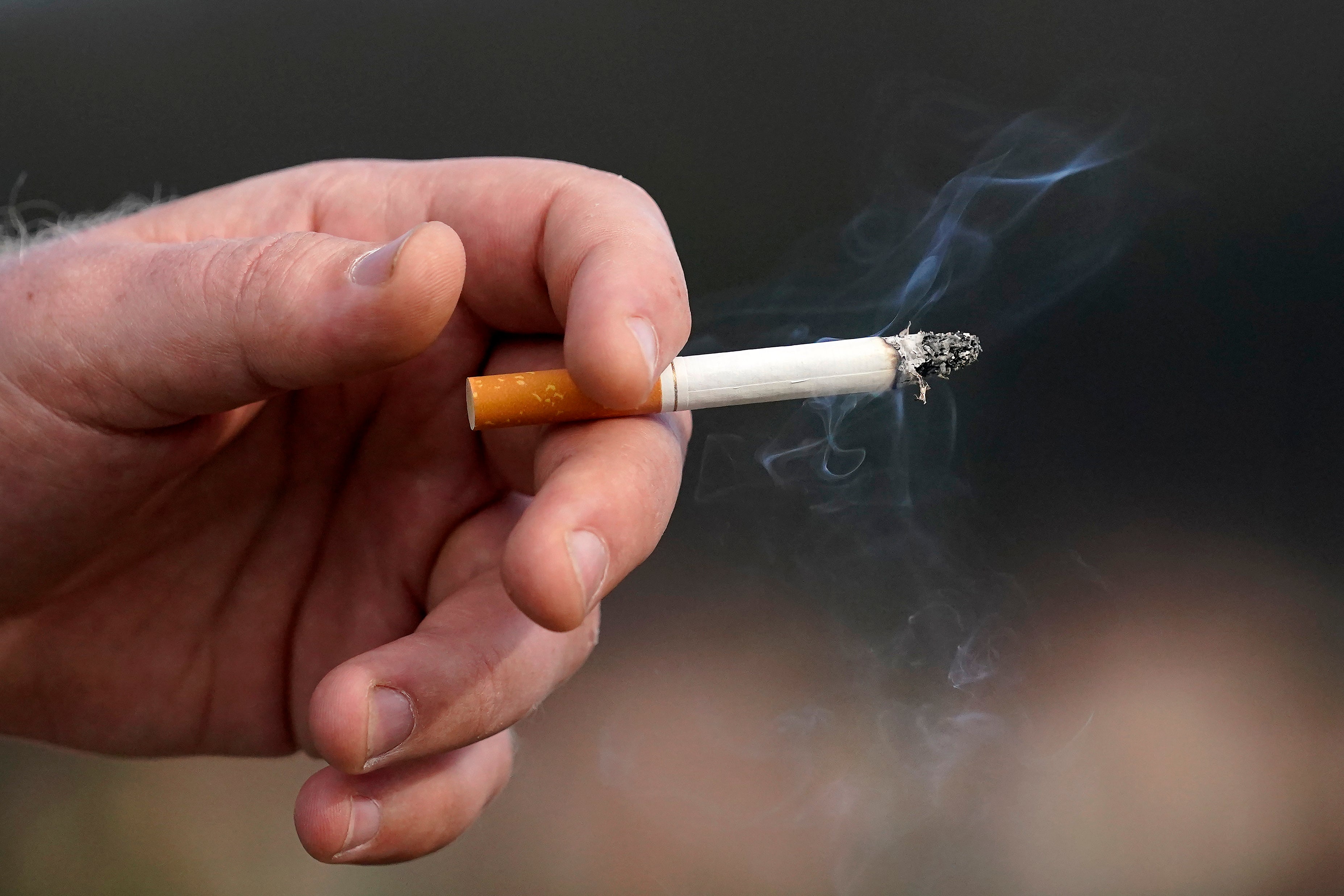CT scanning detects lung cancer early and could save lives, study suggests
‘It’s really a major breakthrough,’ scientist says

Experts are calling for routine CT scans to be offered to smokers and ex-smokers to detect early signs of lung cancer, after a study suggested it could save thousands of lives.
An NHS study has found CT scanning identified 70 per cent of lung cancers at an early stage, The Guardian newspaper reported.
It was described by one specialist as a "major breakthrough", as three-quarters of lung cancer cases in England are currently diagnosed at stage three or four, when it is too late for people to be given potentially life-saving treatment.
Lung cancer is the third most common cancer in the UK with nearly 48,000 people diagnosed with the condition every year.
Findings from the Summit study, run by University College London Hospital NHS trust (UCLH), found 180 cases of lung cancer among 12,100 smokers and those who have quit. Of those, 70 per cent were at stage one and two.
"It's really a major breakthrough for lung cancer," Dr Sam Janes, of UCLH, told The Guardian.
"Lung cancer has never had anything that enabled us to detect this devastating cancer earlier and offer curative treatment to this number of lung cancer patients.
"It's important to highlight how effective CT scanning is. In my lung cancer clinic at UCLH, seven out of 10 people have cancer that's been inoperable, incurable, from the first time they saw a doctor.
"Whereas with the cancers that we see with Summit, seven out of 10 are potentially curable, because they were detected earlier."
The findings have prompted experts to call on the government for routine CT scanning, which the UK Lung Cancer Coalition (UKLCC) believes could reduce the number of men dying by 25 per cent, and 30 to 40 per cent fewer deaths among women.
Dr Robert Rintoul, chairman of the UKLCC clinical advisory group, said: "Now that CT screening for lung cancer has been shown to work, we very much hope that a lung cancer screening programme will be introduced in England."
The Summit study plans to enrol 25,000 people aged between 55 and 77, who are at higher risk of lung and other cancers due to a significant smoking history, from parts of London and the surrounding areas.
Its findings are due to be published in a medical journal later this year.
Press Association
Join our commenting forum
Join thought-provoking conversations, follow other Independent readers and see their replies
Comments
Bookmark popover
Removed from bookmarks